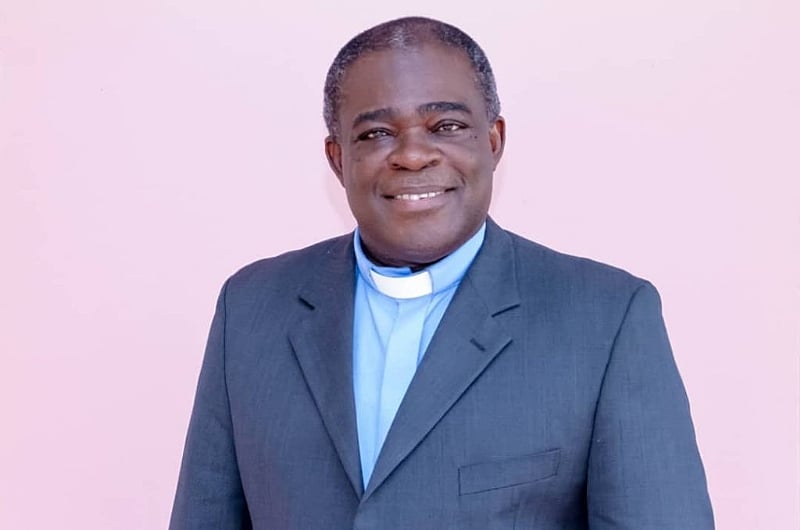Rev. Dr. Kwabena Opuni-Frimpong, the former General Secretary of the Christian Council, has issued a powerful call to Ghanaian leaders and political figures to prioritize peace as the country approaches its upcoming elections. His remarks come in light of the tragic history of electoral violence that has plagued past voting cycles, particularly highlighting the devastating loss of eight lives during the 2020 elections. These incidents, he believes, underscore the urgency for preventive measures to ensure safety and peace, especially since the elections are mere weeks away. In a recent appearance on Adom FM’s Dwaso Nsem, Dr. Opuni-Frimpong urged the nation to view every life lost as a significant tragedy, emphasizing that each victim represents a family left to navigate immense challenges in their absence.
Dr. Opuni-Frimpong’s appeal extends to the alarming frequency of violent incidents reported in various regions, such as Agona West and Nima-Maamobi. He pointed out that reckless use of firearms during political rallies poses a grave threat to public safety and civil order. His concerns are not unfounded; historical patterns of electoral violence remind Ghanaians of the potential for past conflicts to resurface. He specifically pointed to ongoing tensions in regions like Bawku, warning that if stringent measures are not taken, the cycle of violence could unfortunately repeat itself in the upcoming election.
One of the more poignant moments in Dr. Opuni-Frimpong’s advocacy came from a recent visit he made to the family of a victim involved in a shooting incident in Techiman. The hardship faced by the families of those who lost their lives is particularly striking. He recounted the struggle of a man who left behind a wife and four children, questioning how they are expected to survive without their primary breadwinner. This narrative serves to contextualize the broader implications of electoral violence, shifting the focus from mere statistics to the human stories and realities that follow tragic events.
As the elections loom closer with less than five weeks remaining, Dr. Opuni-Frimpong has underscored the critical importance of engaging all political stakeholders in a concerted commitment to peace. He believes that the responsibility lies not just with the politicians but also with the community and civil society to collectively foster an environment conducive to peaceful elections. His impassioned plea aims to transcend party lines, urging all factions to collaborate in reducing tensions to safeguard the well-being of Ghanaian citizens.
Echoing the sentiments of a broader civil society movement, Dr. Opuni-Frimpong’s call highlights vital considerations regarding the role of dialogue in preventing conflicts. He advocates for settings where political actors can express their interests while addressing grievances without resorting to violence. Peaceful deliberations, he argues, are integral to maintaining a functional democracy where the rule of law is upheld and where the voices of the electorate are genuinely heard and respected.
In conclusion, the former General Secretary’s emphatic message serves as a reminder that the cost of electoral violence is far greater than political aspirations; it manifests in the loss of lives and the suffering of families left in its wake. As Ghana stands on the brink of another election cycle, there exists an urgent need for all stakeholders to emerge as responsible actors who prioritize peace over aggression. The call for unity, understanding, and a commitment to non-violence is essential in ensuring that the democratic process is not marred by the tragedies of the past but instead paves the way for a peaceful and prosperous future for the nation.


